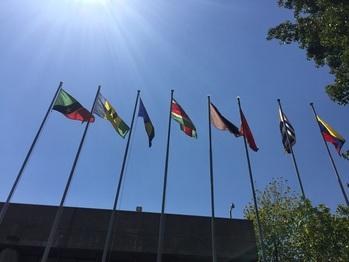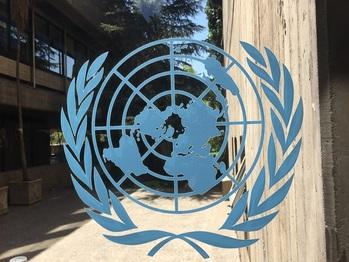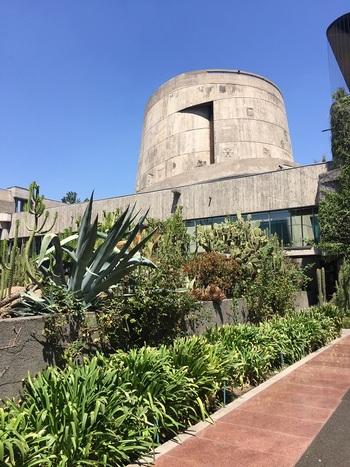Approach
The project supports the implementation of the 2030 Agenda for Sustainable Development in Latin America and the Caribbean. Focusing on environmentally friendly and socially acceptable economic growth, it develops strategies and measures for long-term development in selected pilot countries.
The project helps these countries to identify development potentials, devise policies for their implementation, and establish the relevant capacities. ECLAC has set up three inter-departmental working groups for this purpose: The first focuses on the relationship between planning, financing and adherence to the 2030 Agenda, the second up on digital change and the third on the ‘green economy’ – i.e. ecological, profitable and inclusive economic growth.
In terms of its role, the project regards itself as a facilitator for cooperation between Germany and Latin America/the Caribbean. In dialogue events and specialist discussions, it fosters exchanges of experience and partnerships between regions. In addition, the project seeks to intensify networking between ECLAC and bilateral projects that form part of German and/or European development cooperation in this region.
Results
In addition to helping prepare five national development plans, the project has also assisted Ecuador with the creation of a national strategy for 2030 and strengthened the national planning process in Paraguay. The focus of work in Costa Rica has been on integrating climate protection considerations into investment projects.
The second working group has assisted selected countries in structuring digital change in an integrative and socially acceptable manner. In Costa Rica, for example, it took part in a seminar on ‘The fourth industrial revolution: maximizing the benefits of the Digital Transformation in Costa Rica’. And together with the Senate and Ministry of Labour in Chile, it organised a seminar in March 2019 on ‘The transformation of employment in the face of the digital revolution and automation’. Thanks to the project, the impacts of technological change on labour markets have been debated in various countries throughout the region.


